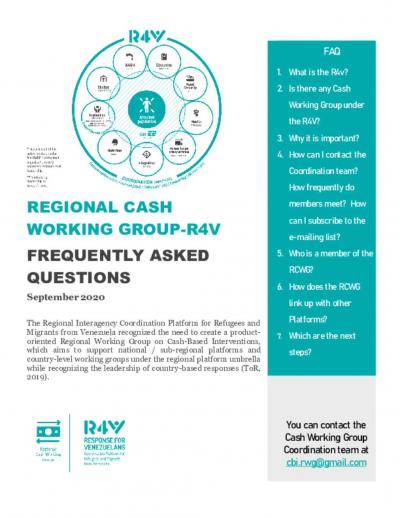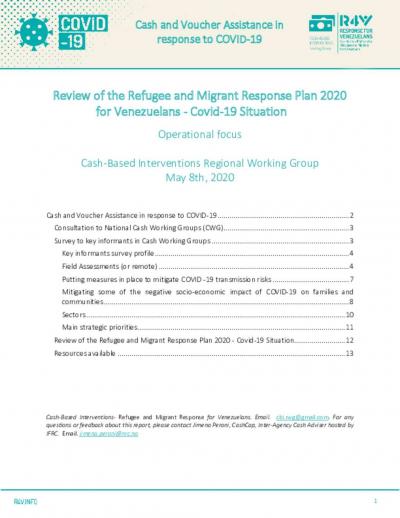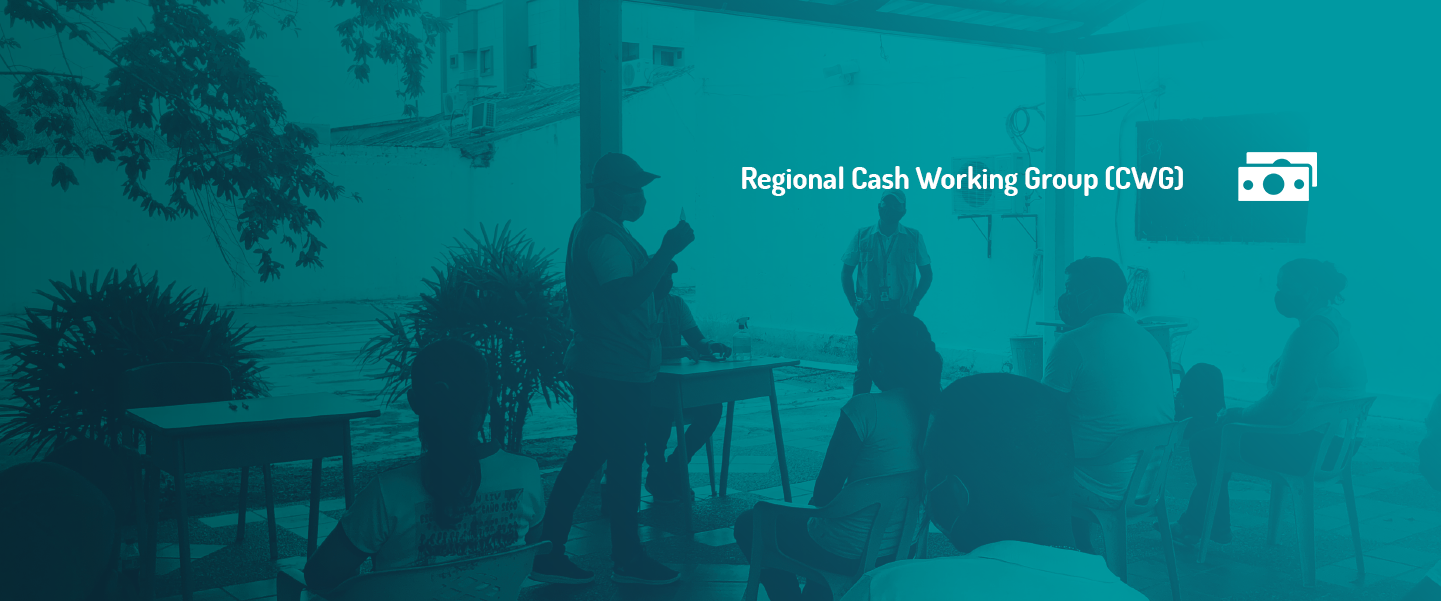Key Figures
PRIORITY NEEDS
Socio-economic status, the lack of financial resources and regulatory barriers are key factors impacting refugees´ and migrants’ ability to cover their basic needs. The COVID-19 crisis and preventive measures, such as widespread lockdown measures and the closure of businesses, have exacerbated entrenched vulnerabilities related to inadequate access to food, housing, healthcare, education and employment. A majority of refugees and migrants from Venezuela have experienced difficulties accessing the markets: fear to go out due to the pandemic, limitations of movement, and security concerns have been reported as the top three limitations, jointly with a general increase in food prices compared to before the pandemic16. In general, data shows that the priorities of refugees and migrants from Venezuela are access to food, shelter, and finding a job (or income sources). Many refugees and migrants from Venezuela pay rent for their housing, however the risk of eviction has increased extensively during the pandemic. For instance, in Ecuador, the Joint Needs Assessment showed that 44 per cent of the surveyed population had been evicted because they could not afford to pay their rent and 36 per cent had to move to a place with lower rental costs.17 In Colombia, 72 per cent of households prioritizing food and 80 per cent of those prioritizing shelter stated that they preferred cash transfers as an assistance modality
RESPONSE STRATEGY
The response will respond to the humanitarian needs, heightened by COVID-19, while simultaneously continuing to support stakeholders to seek durable solutions for refugees and migrants and affected host communities. In general, cash transfers, namely multipurpose cash transfers (MPC) are an appropriate and practical tool to respond to the identified needs, minimizing the use of negative coping strategies and acting as a safety net for refugees and migrants during the health and economic crisis expected to continue in 2021, while at the same time supporting local markets, enabling continuity of delivery and mitigating COVID-19 transmissions risks.19 As a result, some USD 183 million in assistance will be disbursed through multipurpose cash (MPC) transfers in 2021. With the support of 47 partners across 17 countries, National and Sub-regional Platforms are planning to reach 1.3 million refugees, migrants, and host communities with multipurpose cash transfers. The Regional Cash Working Group (CWG) aims to ensure greater levels of complementarity and coherence between the multiple sectoral CVA20 to be provided under the RMRP, and to facilitate the scale-up of effective MPC in the region, in support of National and Sub-regional Platforms (including their Cash WGs) and Sectors. As the results from a regional survey show, promoting linkages between humanitarian assistance and social protection systems is a key priority for partners.21 Therefore, the Regional CWG will continue fostering dialogue and collaboration between national and sub-regional Cash Working Groups, and national authorities to strengthen those links, leveraging partners’ presence on the ground and long-standing work with social protection systems, to increasingly support them to assist Venezuelan refugees and migrants with cash assistance. MPC will be distributed in countries with a presence of refugee and migrant populations, as well as affected host communities where socio-economic vulnerabilities are identified. The cash response will focus on vulnerable households who, due to a lack of financial resources, are unable to meet their basic needs, are exposed to protection risks (including GBV survivors or those at risk of GBV or evictions), suffer from food insecurity, cannot access decent and safe housing, use negative coping mechanisms to meet their needs, or are unable to engage in activities to achieve their socio-economic integration, to name a few. It is also important to have a better understanding of the role that CVA may play in the protection and empowerment of persons with disabilities in humanitarian contexts, or the risks that persons with disabilities may face when they access to cash in these settings. It is foreseen that partners will implement CVA as a complementary tool to facilitate access to goods and services that contribute to specific sectoral objectives, especially Food Security, Protection (including GBV), Shelter (rental assistance) and Integration. Furthermore, in the regional survey, partners highlight the importance of putting the protection of refugees and migrants at the centre of CVA, and that gender analysis has been a priority to evaluate the different modalities of assistance, as well as building mechanisms to enable the provision of information, participation, and feedback mechanisms in CVA activities for 2021.23
CVA Dashboard
HIGHLIGHTS

Regional cash working group - R4V Frequently asked questions
25 Sep 2020Regional cash working group - R4V Frequently asked questions
Read document
Grupo regional de transferencias monetarias – R4V preguntas de uso frecuente
25 Sep 2020Grupo regional de transferencias monetarias – R4V preguntas de uso frecuente
Read document
Cash and Voucher Assistance in Response to COVID-19
08 May 2020Cash and Voucher Assistance in Response to COVID-19
Read documentYoutube channel
Report Regional CWG Survey
SECTOR CONTACTs
-
Global email
[email protected] -
Adrian Storbeck
WFP – Co-leader
[email protected] -
Lucia Steinberg Cantarero
IFRC - Co-leader
[email protected] -
Maria Florencia Alejandre
UNICEF - Secretariat
[email protected] -
Jimena Peroni Galli
CashCap expert support
[email protected]




